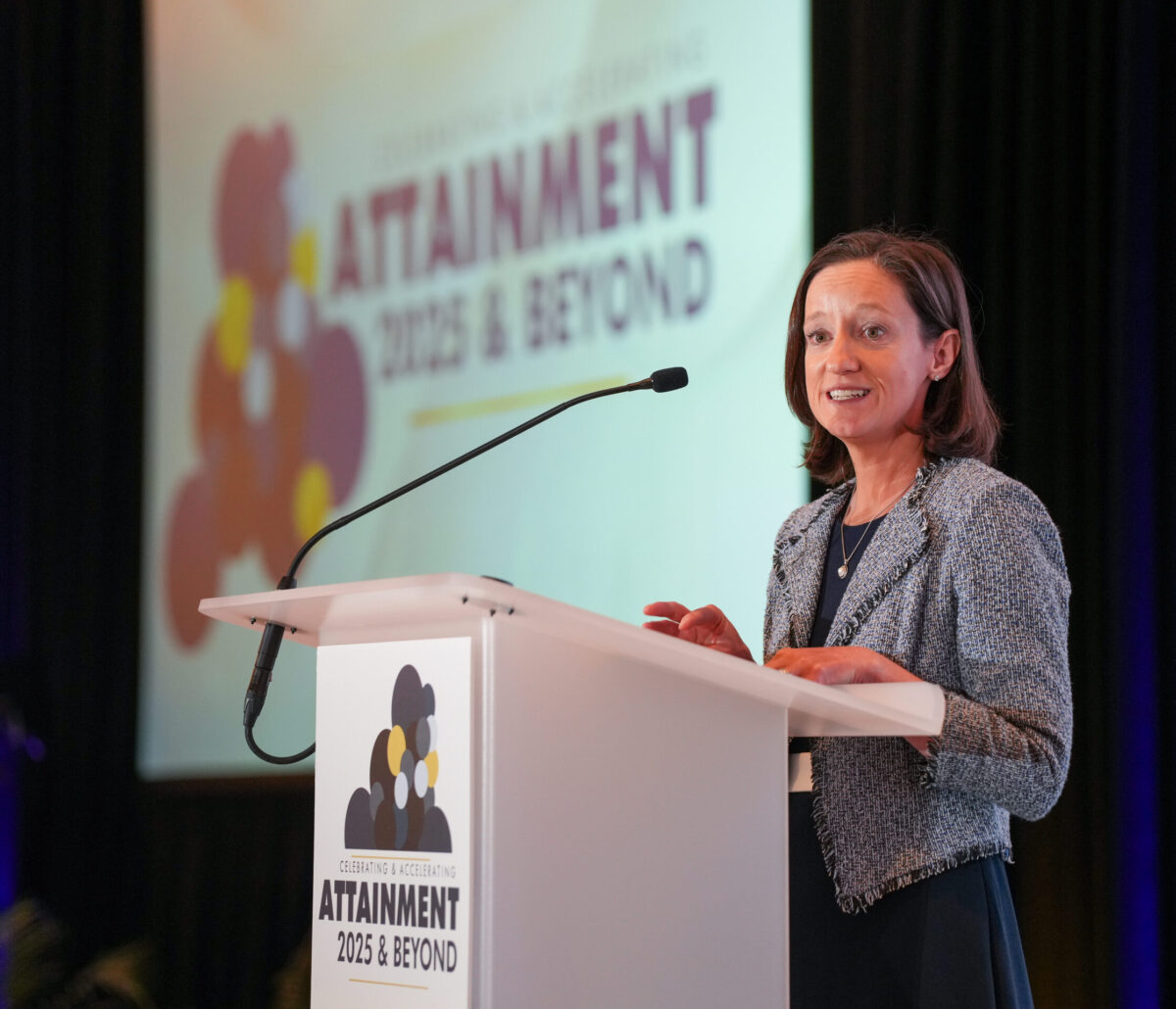New IHEP Research Finds New York, Tennessee State Free-College Programs Fall Short of Improving Affordability for Low-Income Students
Published Sep 06, 2018
WASHINGTON, D.C. – Two statewide free-college programs – New York’s Excelsior Scholarship and the Tennessee Promise – fall short of helping students with limited financial means afford the full cost of college, according to researchers at the Institute for Higher Education Policy (IHEP). The new equity-focused analyses, released today, reveal that neither program allocates enough scarce state dollars to students with the greatest need, nor do they improve college affordability for these students.
Both the Excelsior Scholarship and the Tennessee Promise are last-dollar programs that cover unmet tuition costs after accounting for any other federal and state aid a student receives. But these programs do not address the additional costs associated with attending college, including room and board, textbooks, and transportation. IHEP research has shown that for low-income students and working-class students, non-tuition costs present a big financial barrier to accessing and succeeding in higher education.
“Free-college programs hold great promise in helping more students access and complete a college education, but they must do more than simply raise the aspirations of college-goers,” said IHEP President Michelle Asha Cooper, Ph.D. “To be equity-driven, free-college programs must meaningfully improve affordability for our nation’s students in need, and that includes addressing the full cost of college to ensure that both tuition and critical non-tuition expenses are met.”
IHEP found that the Tennessee Promise allocates no additional funding to low-income students whose community college tuition is already covered by the federal Pell Grant. Instead, the program allocates nearly $1,500 to high-income students to pay for tuition they already can afford. Even with an income cap to determine eligibility, New York’s Excelsior Scholarship still falls short of addressing the affordability challenges faced by low-income students. Federal and state grant aid already covers—or nearly covers—tuition for many low-income students at New York’s public colleges. The Excelsior Scholarship provides these New York students with little to no new financial aid to help pay for burdensome non-tuition expenses.
Many federal, state, and institutional policymakers have touted free-college programs as solutions to addressing college affordability challenges. To evaluate if New York’s Excelsior Scholarship and the Tennessee Promise improve college affordability, IHEP examined the net prices at public colleges in both states before the implementation of free-college programs, and then modeled the impact of those programs. The analyses assess affordability for three students with different financial means and different personal and household characteristics.
The research found that both programs did little to remove the enormous financial challenges that low-income students face.
“Although created with the noble intention of expanding access and improving affordability for our nation’s students, the design of free-college programs matters immensely in terms of actual impact for low-income students,” said IHEP Vice President of Policy Research Mamie Voight. “Our analysis shows that these programs could do much more to help low-income and working-class students in Tennessee and New York.”
Today’s free-college analyses build on IHEP’s 2017 report, Limited Means, Limited Options: College Remains Unaffordable for Many Americans, which assessed the affordability of over 2,000 American colleges and found that even after accounting for grants and scholarships, only one to five percent of colleges were affordable for low-income, working-class and middle-income students.
The analyses released today include recommendations for designing equity-driven free-college programs that target limited resources toward students with the greatest financial need.
- Invest first and foremost in low-income students.
- Fund non-tuition expenses for low-income students.
- Include four-year colleges in free college programs.
- Support existing state need-based grant programs.
- Avoid restrictive or punitive participation requirements, such as post-college residency requirements.
On Thursday, September 13, 2018 from 11:00 a.m. – 12:15 p.m., IHEP will host a robust discussion about free-college policies, with an emphasis on how policymakers should design programs to best serve students in need. Panelists will include Dr. Tiffany Jones of The Education Trust, Dr. Kenyatta Lovett of Complete Tennessee, Jen Mishory of The Century Foundation, and IHEP’s Mamie Voight. The discussion is open to the public and the press and will be held at the Capitol Visitor Center (First Street, NE, Washington, DC 20515) in room SVC 208. RSVP to attend by contacting Kathryn Gimborys at kgimborys@ihep.org or through our secure online registration form.


